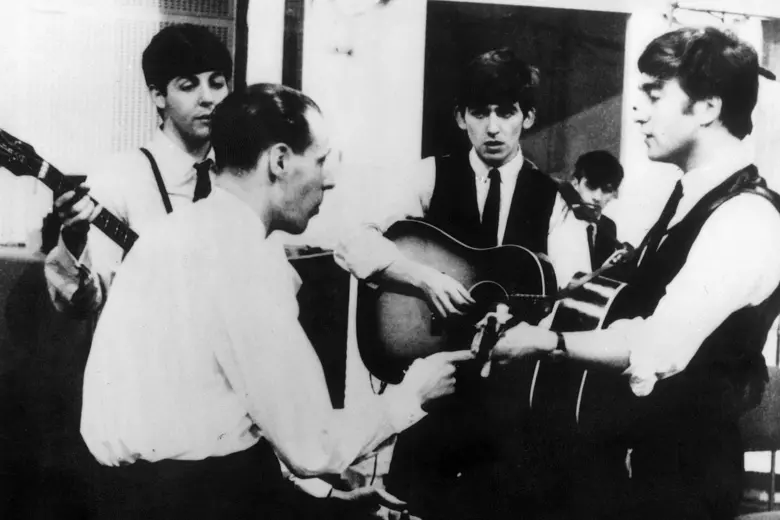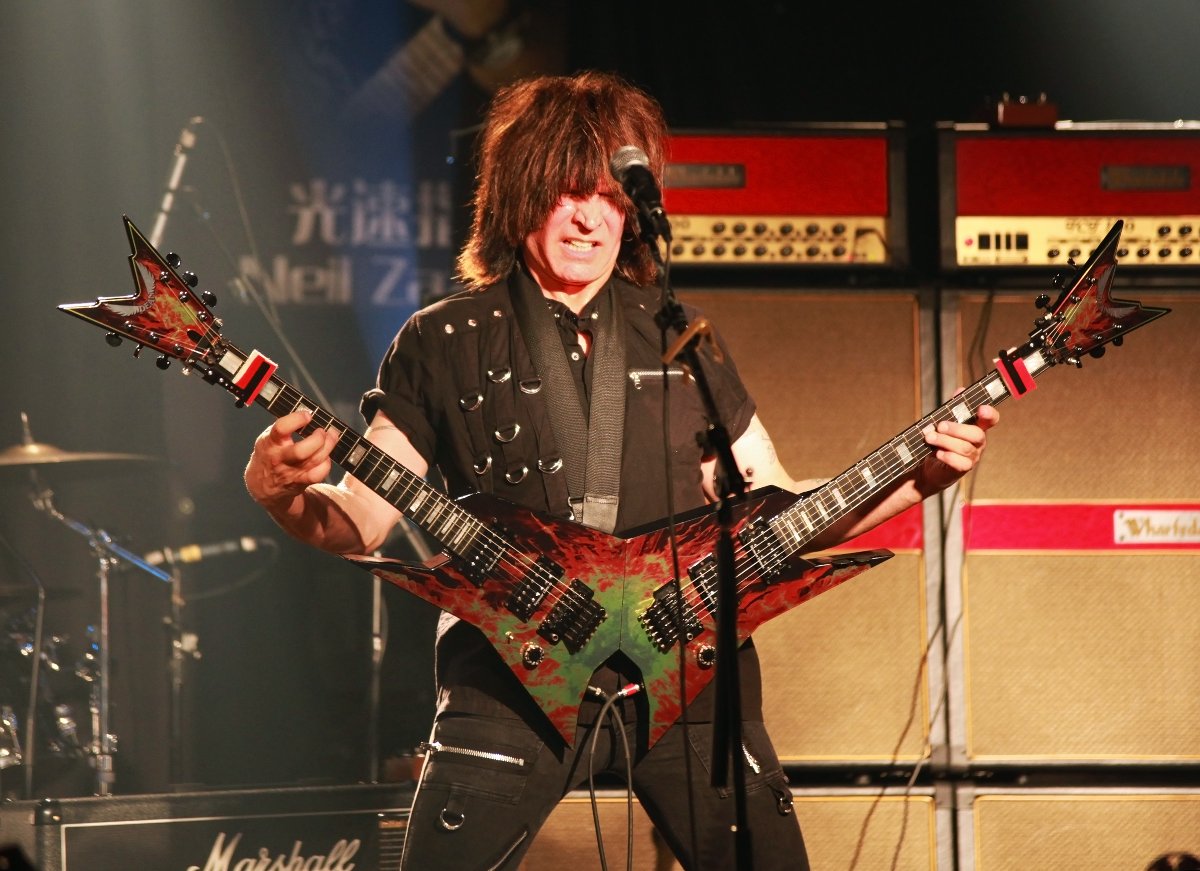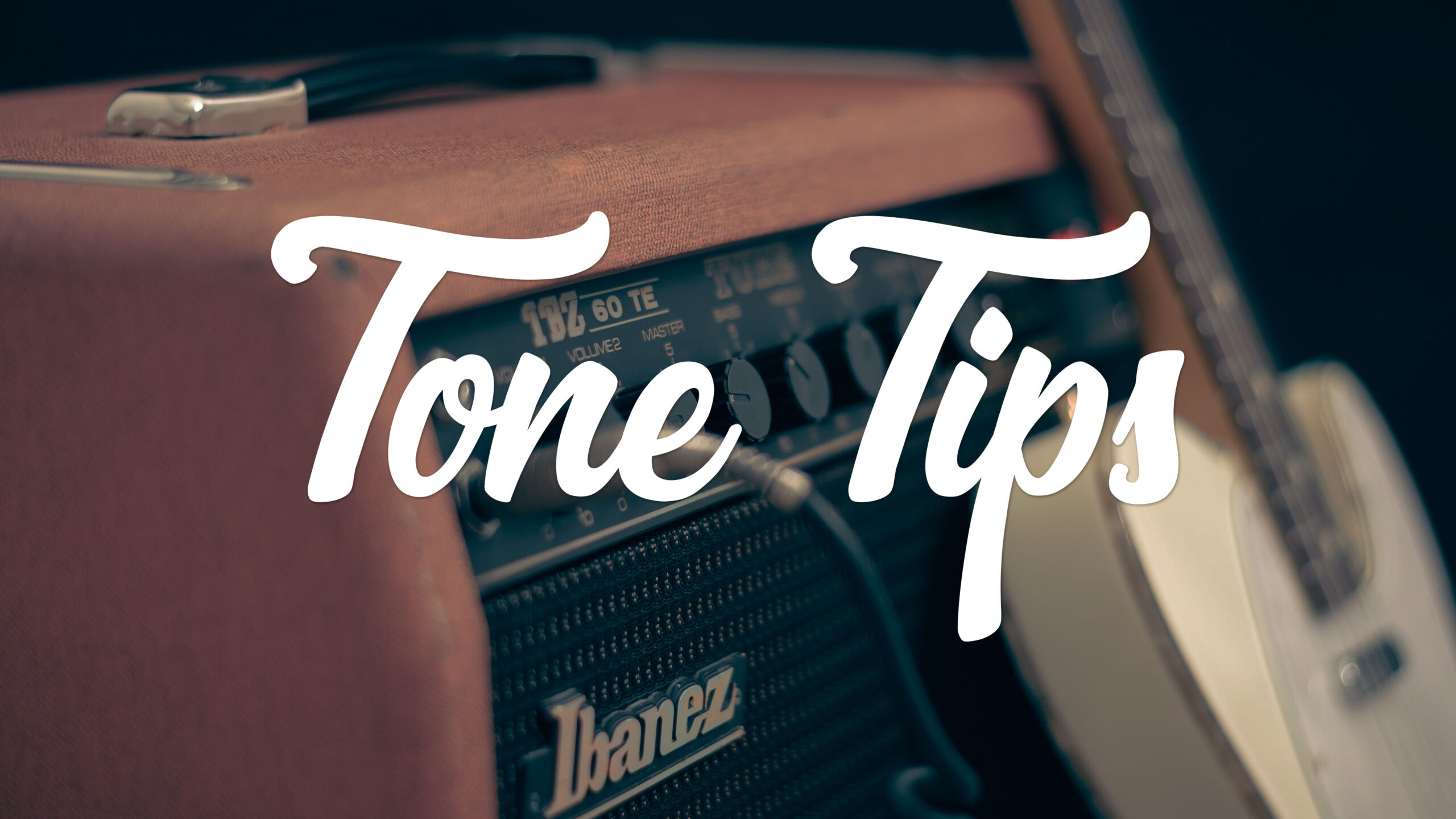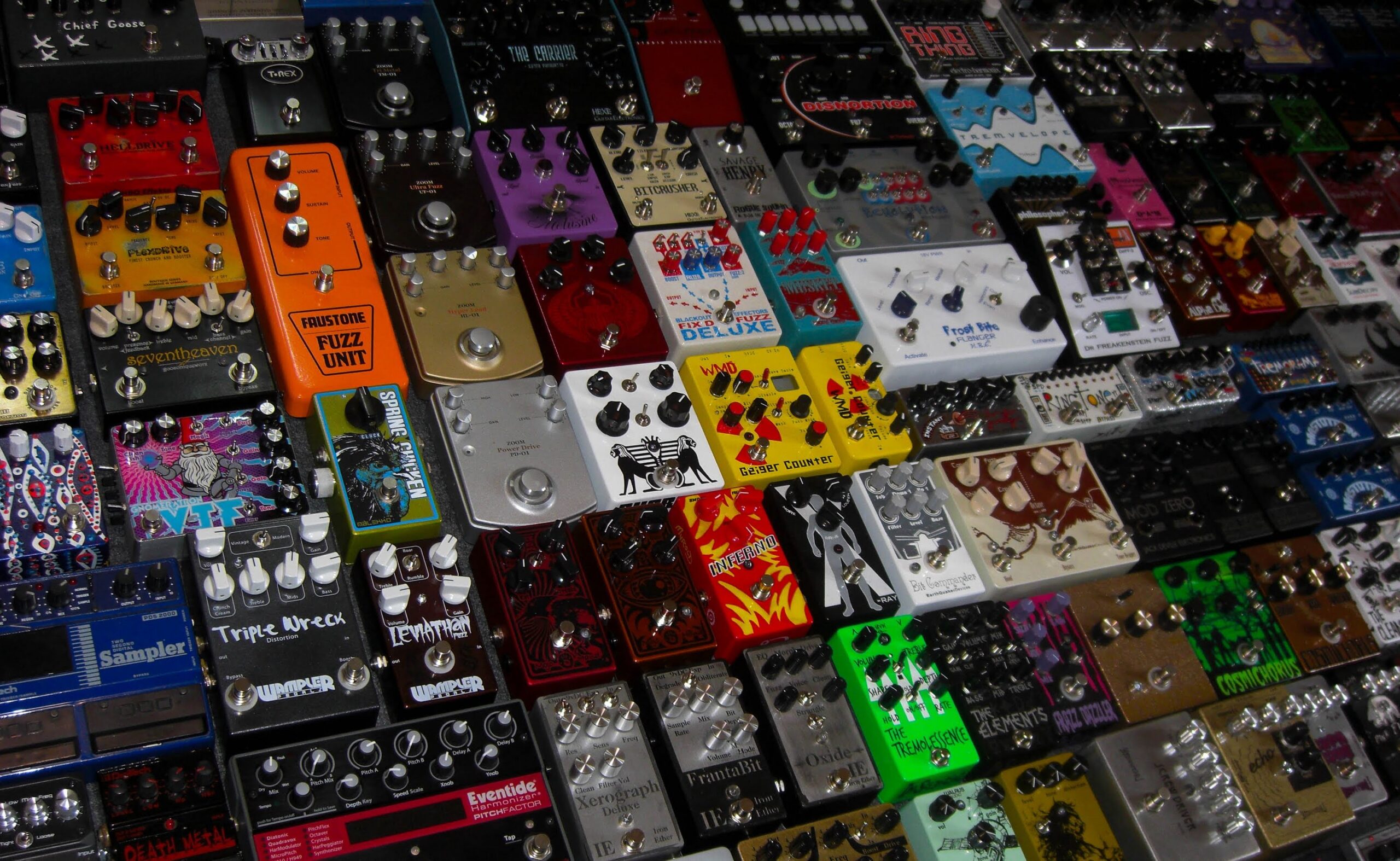This time we look at the concept of ‘true bypass’. Do you have it? Do you need it? Will it make you sound better, and therefore play better? As I’ve mentioned before, the ‘Golden Age’ of guitar effects we find ourselves in can have some accompanying pitfalls, one of which is deciphering the buzzwords that appear to be ‘all the rage’, and not falling for something that may simply be a trend designed to get you to part with your hard-earned cash. All these questions and more, answered below.
True Bypass Means More Tone
The term ‘true bypass’, without getting too technical and complicated, and in particular reference to guitar effects pedals, means that when the particular pedal is not engaged (i.e. bypassed) the signal passes straight through the device. This means without having to pass through any circuitry. This may have an effect on the signal, and your sound. The signal that enters is the same as the signal that exits. This is commonly a feature in analogue pedals, as opposed to digital pedals. Analogue frequently have signal passing through the circuit even when the effect is not engaged. Why would this true bypass be desirable?
Well, sometimes a pedal can have a certain effect on the sound of your guitar. Perhaps it alters the EQ to some extent or you notice that when a particular pedal is in your chain of effects, your top end seems to be rolled off to some degree. If you are doing your best to preserve your core tone (guitar and amp), for your particular ‘sound’ or ‘tone’ that works with your technique and playing style, this can be something you’re desperately trying to avoid. In this case, you’d want as many of your pedals as possible to be true bypass. It appeals to the old-school sonic purists among us, who slavishly seek vintage tube amps and low-powered passive pickups.
Some Pitfalls
However, it must be noted, ensuring all your pedals are true bypass can be detrimental. Without getting too technical once more, if you are running long lengths of cable – from your guitar to your pedal board and then from your pedals to your amps – all your pedals being true bypass will just mean that the total length your signal is travelling is longer (uninterrupted from guitar to amp). The longer your signal has to travel the more loss in the top frequencies will be incurred (there is science behind this, to do with capacitance and other fancy words). For people running long cables, buffers become essential to combat this phenomenon.
All buffers are not created equal and I encourage you to research this fascinating and often overlooked part of the effect signal chain. Professional rigs that deal with long cables often have a buffer before the first pedal and then another after the last. This allows miles of cable to be used.
Whether true bypass pedals are essential to you, or whether you need one or more buffers, all depends on you. The effects that interest you and the sounds you are after are will facilitate your decision. Hopefully, you can see that things aren’t always so cut and dry. There are so many variables when it comes to your guitar sound. It certainly pays to research and find out what might work best for you. Try it all and follow your ears!
Subscribe to our newsletter here – https://www.guitarexcellence.co.za/ne…
© Guitar Excellence 2017 All Rights Reserved






Comments (0)